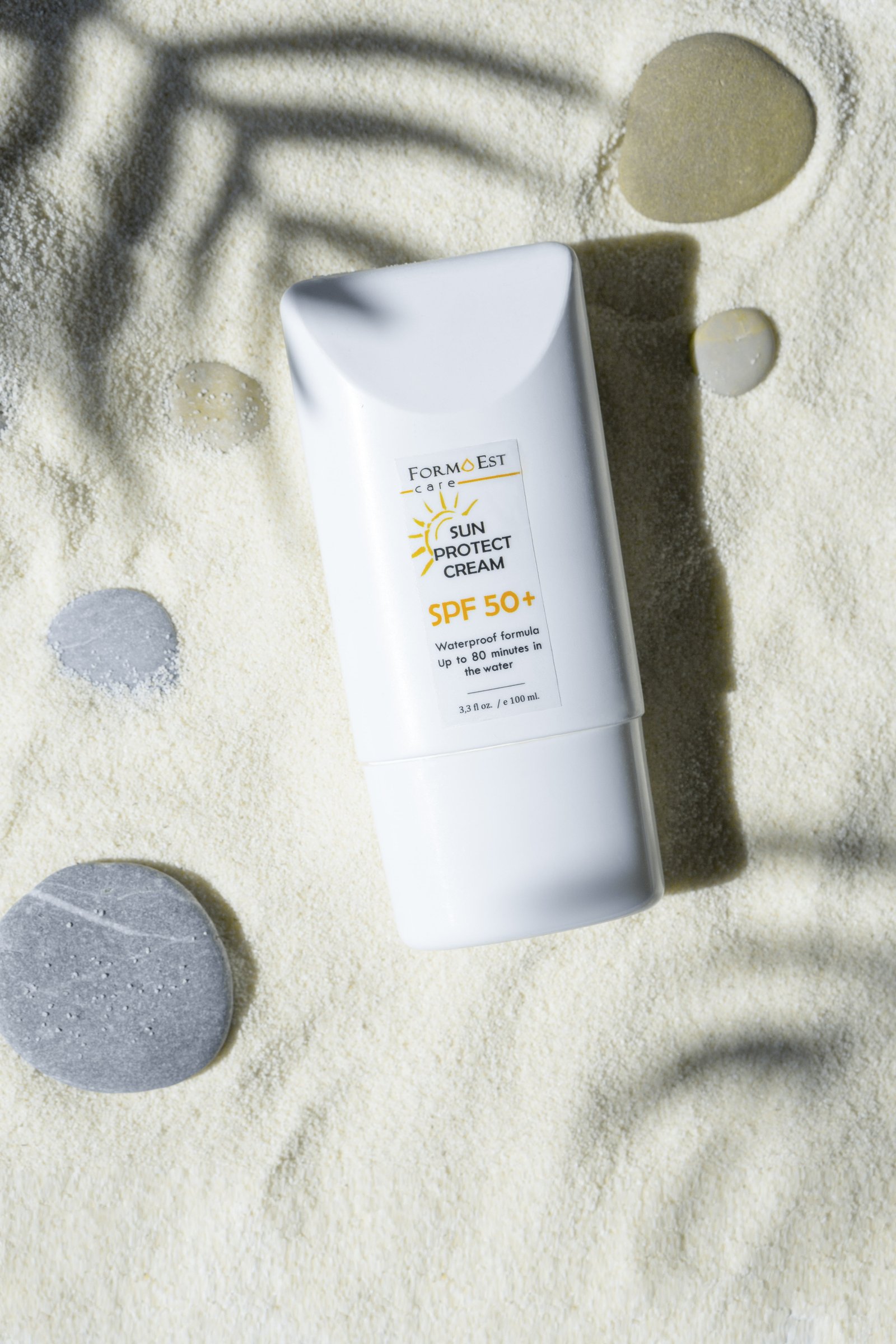Sun protection is one of the essential aspects of skincare. The market is flooded with sunscreen options, often leading to confusion about which one to choose. Two primary categories dominate the sunscreen landscape: mineral (or physical) and chemical. This article seeks to provide a detailed comparison between the two to assist in making an informed choice.
Basic Definitions
Mineral Sunscreens (or physical)
- Composed primarily of naturally derived minerals.
- Primary Active Ingredients: Titanium dioxide and zinc oxide.
Chemical Sunscreens
- Composed of carbon-based compounds.
- Primary Active Ingredients: Avobenzone, octinoxate, octisalate, octocrylene, and oxybenzone, among others.
The Science Behind Their Mechanism
Mineral Sunscreens:
- Act as a physical shield.
- Sit on the skin’s surface and scatter or reflect UV rays away from the skin.
- Offer protection as soon as applied.
Chemical Sunscreens:
- Absorb into the skin.
- Capture UV rays and initiate a chemical reaction, converting UV rays into harmless heat, which is released.
- Require approximately 15-20 minutes post-application to become effective.
Advantages
Mineral Sunscreens:
- Broad Spectrum: Naturally deflects both UVA (ageing) and UVB (burning) rays.
- Safe for Sensitive Skin: Less likely to cause skin irritations or allergic reactions.
- Stable Formulation: Less prone to degradation when exposed to sunlight.
- Reef-Safe Options: Generally safer for marine ecosystems.
Chemical Sunscreens:
- Texture: Lighter in consistency, making them more wearable for daily use.
- Blendability: Easier to blend into the skin without leaving residues.
- Versatility: Available in diverse formulations catering to various skincare needs.
Disadvantages
Mineral Sunscreens:
- Aesthetic: Can leave a white or chalky cast, particularly on darker skin tones.
- Application: Might require more effort to spread evenly due to their thicker consistency.
- Wash-off: May rub off or get washed away more easily.
Chemical Sunscreens:
- Skin Reactions: Can sometimes cause skin irritations, especially for those with sensitive skin.
- Degradation: Certain formulations can degrade in sunlight, reducing their effectiveness.
- Environmental Impact: Some chemical ingredients have been found detrimental to coral reefs and marine life.
Considerations for Specific Skin Types
Sensitive Skin: Mineral sunscreens are usually the go-to as they are less reactive and sit on the skin’s surface.
Acne-Prone Skin: Look for non-comedogenic formulations in both categories to prevent clogged pores.
Darker Skin Tones: While chemical sunscreens might appear less visible, there are now many mineral sunscreens formulated to leave no white cast.
Environmental Considerations
Recent studies highlight the adverse effects certain chemical sunscreens have on coral reefs. Oxybenzone and octinoxate, for instance, are known to contribute to coral bleaching. As a result, places like Hawaii have initiated bans on sunscreens containing these ingredients. Those swimming in natural water bodies are encouraged to opt for reef-safe sunscreens.
Bottom Line
Your choice between mineral and chemical sunscreen should factor in skin type, activities, environmental concerns, and personal preferences. Regardless of the choice, proper application and reapplication are vital to ensure effective sun protection. With skin cancer rates on the rise and the increasing awareness about premature skin ageing due to UV exposure, integrating sunscreen into your daily routine is non-negotiable.
Aim for broad-spectrum protection and an SPF that aligns with your sun exposure and activity level. If I’m going to spend a longer period of time outside, I also take Heliocare, which is an oral supplement that provides added sun protection from the inside out. Read more about it here.
A Prayer for My Readers
Lord, grant us discernment to select sun protection that not only safeguards the skin You’ve lovingly crafted but also honors the body as Your temple. As we shield ourselves from the sun’s powerful rays, may it serve as a symbol of Your greater protection over our lives, sheltering us from harm. In all our choices, let us be guided by Your light and love, always seeking to care for and cherish the gifts You bestow upon us.
In Jesus’ name, we pray, amen.
Photo by Kate Glotova on Unsplash

Leave a Reply